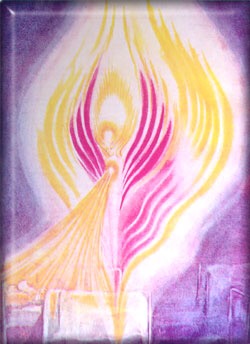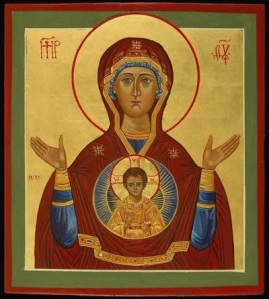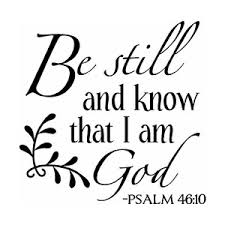The twenty-first century is a defining moment for American Christianity at a time when nationalism co-mingles with religious identity and faith. The dangers of mixing church and state are apparent as the current administration takes aim at immigration, refugees, and other social justice issues. Recently, Attorney General Jeff Sessions quoted a biblical reference Romans 13 which begins, “Let every person be subject to the governing authorities,” to defend the separation of children from their parents as they cross the border from Mexico into the United States. In the same manner, White House Press Secretary Sarah Huckabee Sanders followed in suit stating that the legal actions taken against these families was “biblical” because it was the law.
Many biblical scholars spoke out about the misuse of biblical references and one such prominent Catholic priest, Father James Martin, responded quickly on several social media sites and an immediate online article in America Magazine, a Jesuit review of news, faith, and culture. In this article Martin is quick to point out a common, but error-ridden, practice known as “proof-texting.” Proof texting is the exercise of selecting a passage in the Bible to affirm one’s point of view, taking the passage out of context of the overall meaning. Used in this manner, the Bible is not used for edifying or instructing, but as a weapon to manipulate the listener.
It is imperative that Christians learn the history and contextual importance of the New Testament that is centered in the life of Jesus of Nazareth and the subsequent letters of those that formed the early church. Without studying the political and religious underpinnings that were taking place in 1st century Palestine, it is difficult to understand the purpose and meaning behind the texts. All the books of the New Testament ride on the life and teachings of Jesus, and especially in the Gospel of Mark, his death. The letter that Paul wrote to the Romans, the budding Church in Rome, was a letter to the persecuted and its intent was to teach the precepts of the faith and to keep followers of Jesus as safe as possible. It is a specific reference to those living under oppression and violence at a specific time in history. Using this verse in Romans to rationalize current immigration practices in the U.S. does not take that into account. It also doesn’t acknowledge the several times Jesus and other religious figures broke the law themselves because it was unjust.
Jesus was very political, and he broke unnecessary laws in advocating for the poor and disenfranchised. What Fr. Martin points out in his article is that there are plenty of instances of breaking the law in the New Testament. Jesus himself broke the Sabbath laws repeatedly if it prohibited healing the sick and caring for the poor. Making the reference to Romans 13 to justify cruel treatment of families fleeing violence is preposterous and a flagrant misuse of scripture. Interestingly, it is the same passage that has been used to justify slavery in America.
Much of the Bible is rooted in the political and cultural era of which it was written. The authors and the audience to which the author is writing to, also matter. One needs to understand why the author chose certain teachings, parables, or events to highlight in the Gospels and Epistles. Without such knowledge, the Scriptures become disjointed and seemingly contradictory.
All four Gospels that inform the epistles, such as Romans, are based in Judaism, it is also very important that one remembers Jesus was not Christian. He was a Jew. Reading the Gospels in the context of modern day American Christianity is to almost misread them completely. Jesus’ initial ministry was to the Jews. The gentile inclusion came later, but even Paul is steeped in Judaic teachings and was a staunch Pharisee that sought to eradicate all followers of Jesus until he had his own personal encounter. In no way would Paul or Jesus have affirmed the Roman Empire removing the children from the homes of Jewish families.
Jesus teachings always are in favor of the poor, the marginalized, the abandoned, the sick, and all who are rejected in society. He cares even for those who extort others, but repent and give up such practices. There is no passage in the Gospels, or anywhere in the Bible, that justifies separating families. “And whoever shall offend one of these little ones that believe in me, it is better for him that a millstone were hanged about his neck, and he were cast into the sea,” is mentioned in all three Synoptic Gospels. Any follower of Jesus would know that the faith is never used to advocate or support damaging practices to any human being, even enemies.
The Bible wars aside, this debate should not even take place when it comes to democratic policies and laws. Democracy demands a separation of church and state. The United States of America was founded on that principle, with droves of immigrants escaping religious persecution. The Bible should in no way be used to inform or support any form of political legislation or practice, although it may in personal guidance. One can look to ISIS and the Taliban to see what happens when religious sacred texts are used to justify horrific actions by ruling parties or governance.
Some laws or legal actions (again, I maintain there is no law requiring children to be separated from their parents when entering the United States legally or illegally) are unmerited and citizens of a country need to stand against such actions. In no way is following a law blindly moral or just. Nevertheless, followers of Jesus know his central teaching, his answer to what is the greatest commandment in Matthew 22:37-39: “Jesus declared, ‘Love the Lord your God with all your heart and with all your soul and with all your mind.’ This is the first and greatest commandment. And the second is like it: ‘Love your neighbor as yourself.’”
This event taking place in our country today and the study of Gospels lately have helped solidify the overall ministry of Jesus, a refugee himself as a child, and what his main tenets were to his followers. No law of man supersedes the law of God and no Bible verse should be used to justify such laws, especially when used out of context. At the heart of this is a country that professes to be predominately Christian but does not study or understand the teachings of the central figure of the faith, Jesus.
Martin ends his article with clarity. We know where Jesus always stands and where Christians should stand with him, on those side of the poor, on the side of families fleeing violence. Immigration laws can be enacted in a just and humane way. Bible wars should not deter one from that clear understanding.

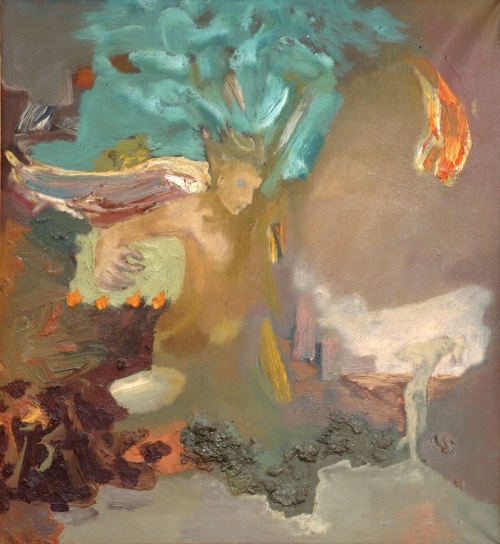

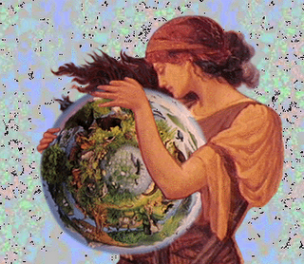 ned as “repentance”, has frequently been explained as turning around to go in the opposite direction. Actually, that understanding corresponds with epistrepho, and metanoia means more of a change of mind, a change of heart, a transformation. When one experience metanoia, one’s understanding and knowledge has changed and the result is a revelation which leads to “epistrepho” or repentance.
ned as “repentance”, has frequently been explained as turning around to go in the opposite direction. Actually, that understanding corresponds with epistrepho, and metanoia means more of a change of mind, a change of heart, a transformation. When one experience metanoia, one’s understanding and knowledge has changed and the result is a revelation which leads to “epistrepho” or repentance.